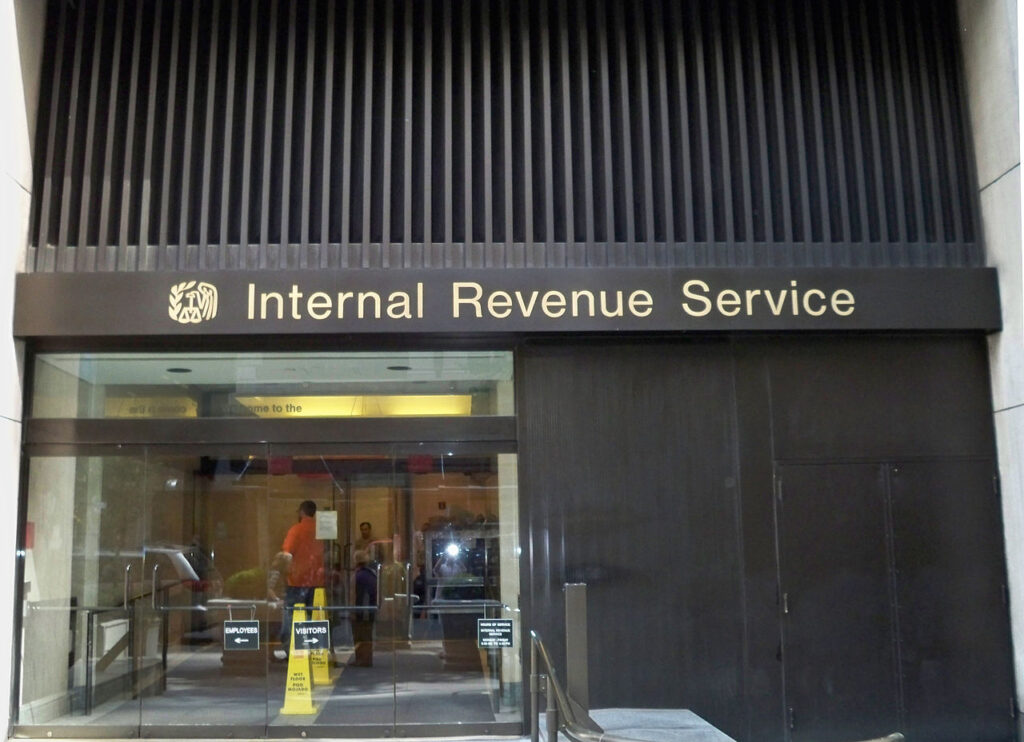
IRS experts provided an update on advance payments of the Child Tax Credit, including who qualifies, payment dates, and also presented a series of online tools to help taxpayers register and manage their payments.
Ken Corbin, director of taxpayer experience for the Internal Revenue Service (IRS), said April 15 was the deadline to file taxes; however, to give people more time, it was extended to May 17.
